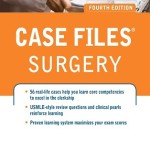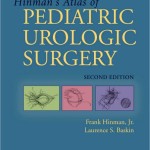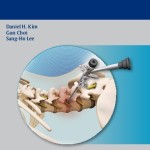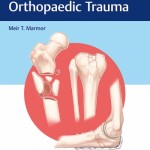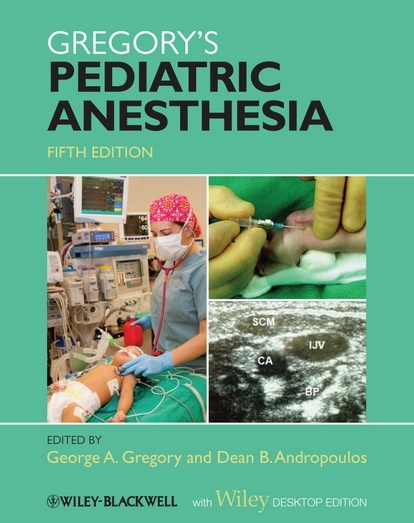 By
By
- George A. Gregory, MD, Professor Emeritus, Department of Anesthesia and Perioperative Care, and Department of Pediatrics, University of California San Francisco (UCSF), San Francisco, CA, USA
- Dean B. Andropoulos, MD, MHCM, Chief of Anesthesiology, Texas Children’s Hospital, Professor, Anesthesiology and Pediatrics, Baylor College of Medicine, Houston, TX, USA
Overcome the risks to ensure safe anesthesia in your young patients
The surgical options for children, from birth through adolescence, have mushroomed in recent years. The challenges to anesthetists have consequently increased in scope and complexity. The 5th edition of Gregory’s Pediatric Anesthesiaintroduces you to the basics of pediatric anesthesia, and how they are applied to contemporary practice both in and out of the operating room. The evidence-based approach is supplemented by in-depth case studies that spotlight best-practice in action across all the major subspecialties. New to this edition are:
- Developmental physiology of individual organ systems
- Fetal surgery
- Spine surgery
- Post-anesthesia Care Unit management
- Complications
- Neurotoxicity
- Communication, databases and electronic records
Purchase includes an enhanced Wiley Desktop Edition*. This is an interactive digital version featuring:
- all text and images in fully searchable form
- integrated videos of procedures
- highlighting and note taking facilities
- book marking
- linking to additional references
Edited by true leaders in the field of pediatric anesthesia, with contributions from internationally renowned physicians,Gregory’s Pediatric Anesthesia remains the most complete resource available for your training, practice and continuing education.
*Full instructions for downloading your digital Wiley DeskTop Edition are inside the book.
Errata
There is an error on p. 940. The first sentence of the paragraph beginning line 6, second column should read: With dexmedetomidine administered at induction doses of 2 – 3 MCG/kg over 10 min followed by an infusion of 1.5 – 2 mCg/kg/HR, up to a 97.6% success rate for MRI scans has been reported.



